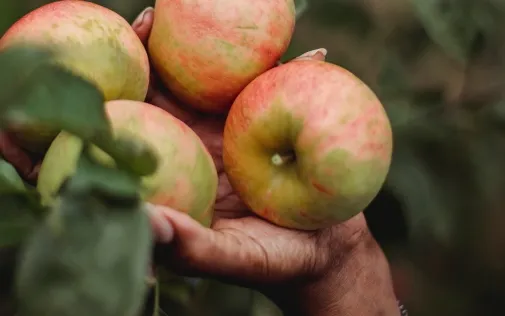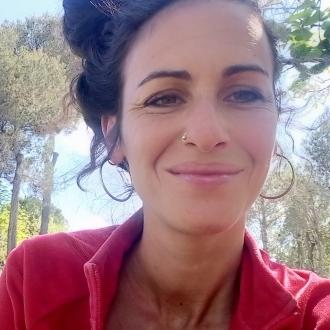
Society fosters the exclusion of the elderly and doesn’t harness their experience. “Horta amb Gràcia” is a space for the elderly to remain active that promotes collaboration between generations.
We live in a society that encourages individualism and where values that foster community bonding have been weakened; a society that has led to social distancing and isolation.
We need to encourage spaces for people to interact and share experiences to tackle social exclusion; spaces that are open to participation and where everyone has a protagonist role to foster greater equity and social inclusion, the promotion of equal opportunities for all and improve our quality of life.
This exchange must happen within communities to create more responsible and participatory communities that embrace diversity and integrate all people as a way to harness knowledge and encourage dialogue and cooperation.
Community projects create strong alliances among people participating. They lead to collective creation where everyone can contribute their knowledge, share their concerns, interests and motivation, with an understanding that knowledge is generated collectively.
Community gardens are an example. They are spaces of solidarity and cooperation between diverse citizens that lead to strong bonds that contribute to building a community that is socially and environmentally more sustainable. They are meeting points, to exchange concerns, knowledge and know-how and where people have a say.
Grup Atra manages a social and community agroecology garden called “Horta amb Gràcia” where we see and value the environmental and social benefits generated by these spaces for our citizens and our city. The relationships among people of different ages, genders, origins…they are extremely valuable.
Very often, the lack of a culture of ageing in our society means that elderly people are left out of social and public life. We need to bring visibility and acknowledge the value of the elderly and promote an active ageing.
At “Horta amb Gràcia”, elderly people remain active, they contribute knowledge and experience. This community garden leads to intergenerational exchange and collaboration in building this space. It’s a way of learning and working together to boost knowledge and promote an enriching space in all senses.
Community gardens help meet a variety of needs that go beyond our needs in terms of food. They are an excellent way to recover empty lands and give them a collective use, sharing not only the crops but also knowledge and fun moments.
We need to value social action as a means of empowerment. Public spaces are essential to step away from individualism and exclusion and come closer to community, participatory and open management for all.
In the end, it’s all about improving our wellbeing through active participation of all ages and social groups, allowing people to be their own drivers of change and fostering cohesion and social transformation.



Add new comment